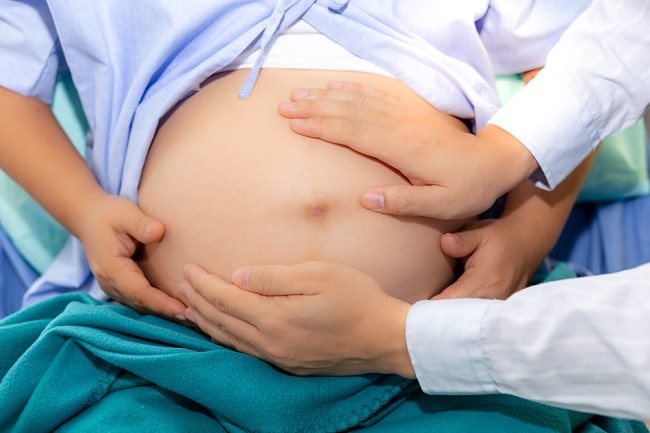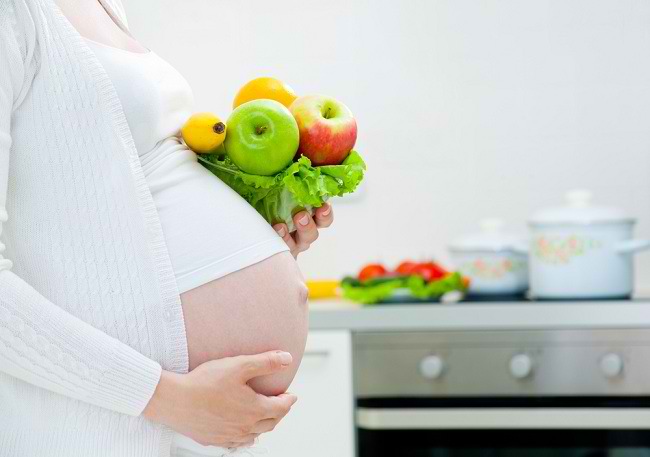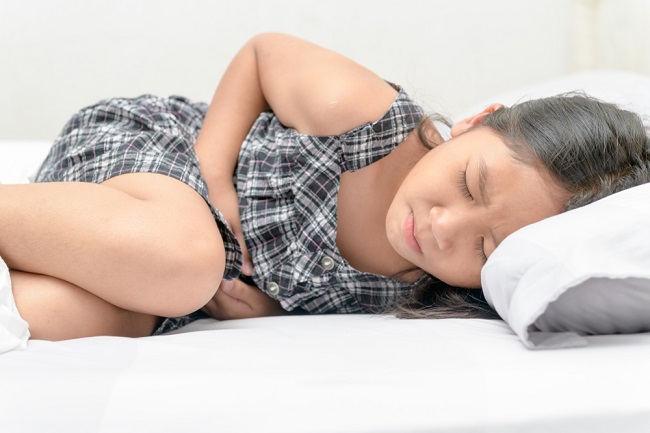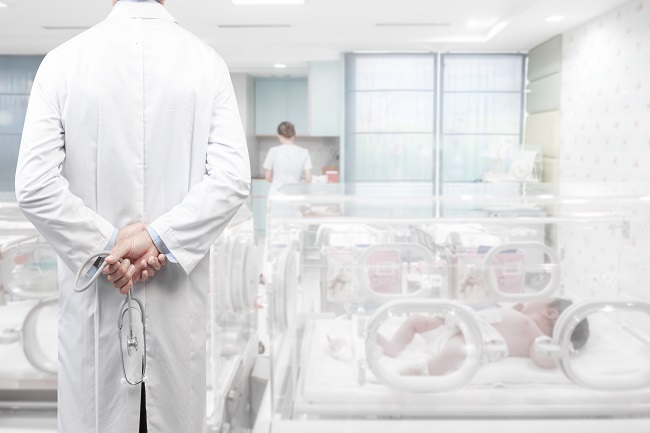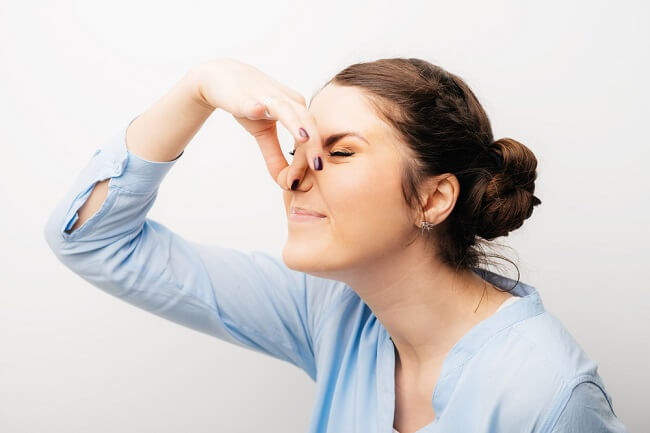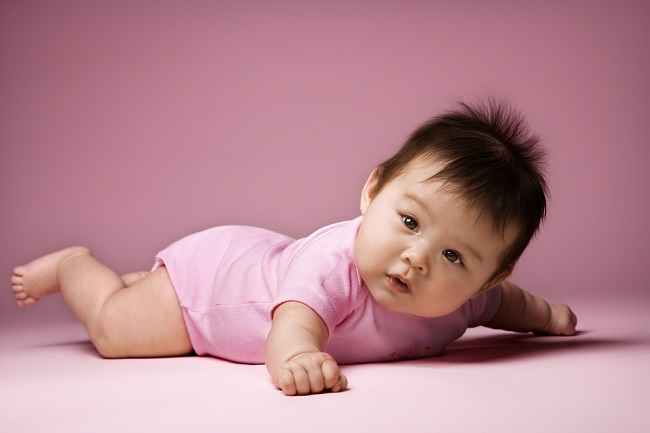Hearing test in infants aims to detect whether baby has hearing disorders, so that it can be determined handling stepshis. Test This needs to be done as early as possible, considering that the sense of hearing plays an important role in supporting communication skills and growth and development baby.
Newborns will begin to learn various things around them through their senses. One of them is the sense of hearing, namely the ear. But actually, babies have started to hear since he was still in the womb.

Babies can experience hearing loss since they were born or even in the womb. This condition can be caused by abnormalities in the ear, premature birth, or congenital abnormalities that cause the baby to be unable to hear.
If not treated immediately, the slightest disturbance in the baby's sense of hearing can affect the baby's communication and language skills. This is the reason why hearing tests on babies are important.
Baby Hearing Test Method
Hearing tests on babies can be done since the baby is 2 days old or at the latest when he is 1 month old. This aims to determine whether the baby's sense of hearing is functioning normally or is impaired.
If a baby's hearing loss is found, the doctor can take immediate action. Early detection and appropriate treatment can reduce the risk of babies experiencing growth delays and improve the overall quality of life of children in the future.
Hearing tests in newborns usually last only 5-10 minutes and are not painful or uncomfortable for the baby. Baby hearing tests are generally done in two ways, namely:
Test Automated Auditory Brainstem Response (AABR)
The doctor or nurse will place a sensor on the baby's scalp. This sensor device is connected to a computer network that can measure the activity of the baby's brain waves in response to sounds sent through the brain earphones small.
Test Otoacoustic Emissions (OAE)
This hearing test is done to measure sound waves in the inner ear. A small device is placed in the baby's ear to produce soft sounds and record the baby's ear response to these sounds.
Newborn Hearing Test Results
It doesn't take long to get hearing test results in babies. In fact, test results can usually be obtained shortly after the test is completed. If the results of the hearing test state that the baby's ears can respond well, then the baby is most likely not suffering from ear problems.
However, you don't have to worry if your little one doesn't pass the hearing test. This does not mean he has permanent hearing loss. It could be that the failure of this first hearing test was caused by other factors, such as:
- There is fluid or dirt blocking the baby's ear canal.
- The test room is too noisy.
- Baby moves too much or cries.
If the results of the first hearing test state that the baby did not pass. Then re-examination can be done later when the baby is 3 months old.
At the next examination, the doctor will perform a physical examination of the baby's ear, a hearing test, and support in the form of tympanometry (examination of the baby's eardrum).
If the baby has never had a hearing test, parents are advised to take the baby for a hearing test at the hospital for at least a month or no later than three months after the baby is born.
Steps for Handling Baby's Hearing Loss
If the follow-up test results state that the baby has hearing loss, then the baby needs to get treatment steps from the age of 6 months. Treatment steps for infant hearing loss are generally adjusted to the type and level of hearing loss experienced by the baby.
Some steps that your doctor may suggest to treat hearing loss in your baby are:
- Use of hearing aids.
- Cochlear implant placement.
- Learn sign language, if baby is older.
- speech therapy (speech therapy).
You can consult an ENT doctor to do a baby's hearing test, and ask what steps need to be taken to treat hearing loss in babies if he has it.
The sooner a baby's hearing loss is detected, the better the chances of it being treated. That way, the baby's listening and communication skills are not affected.
